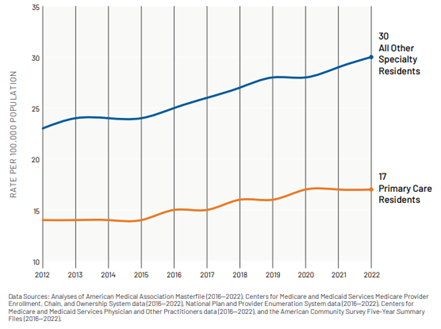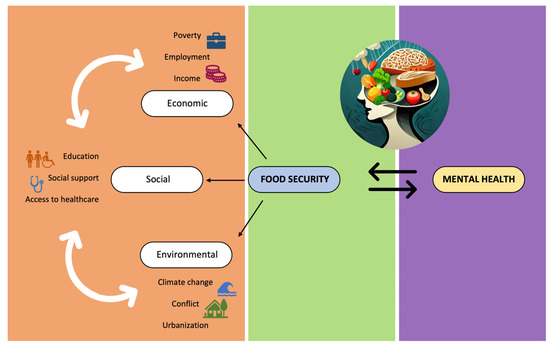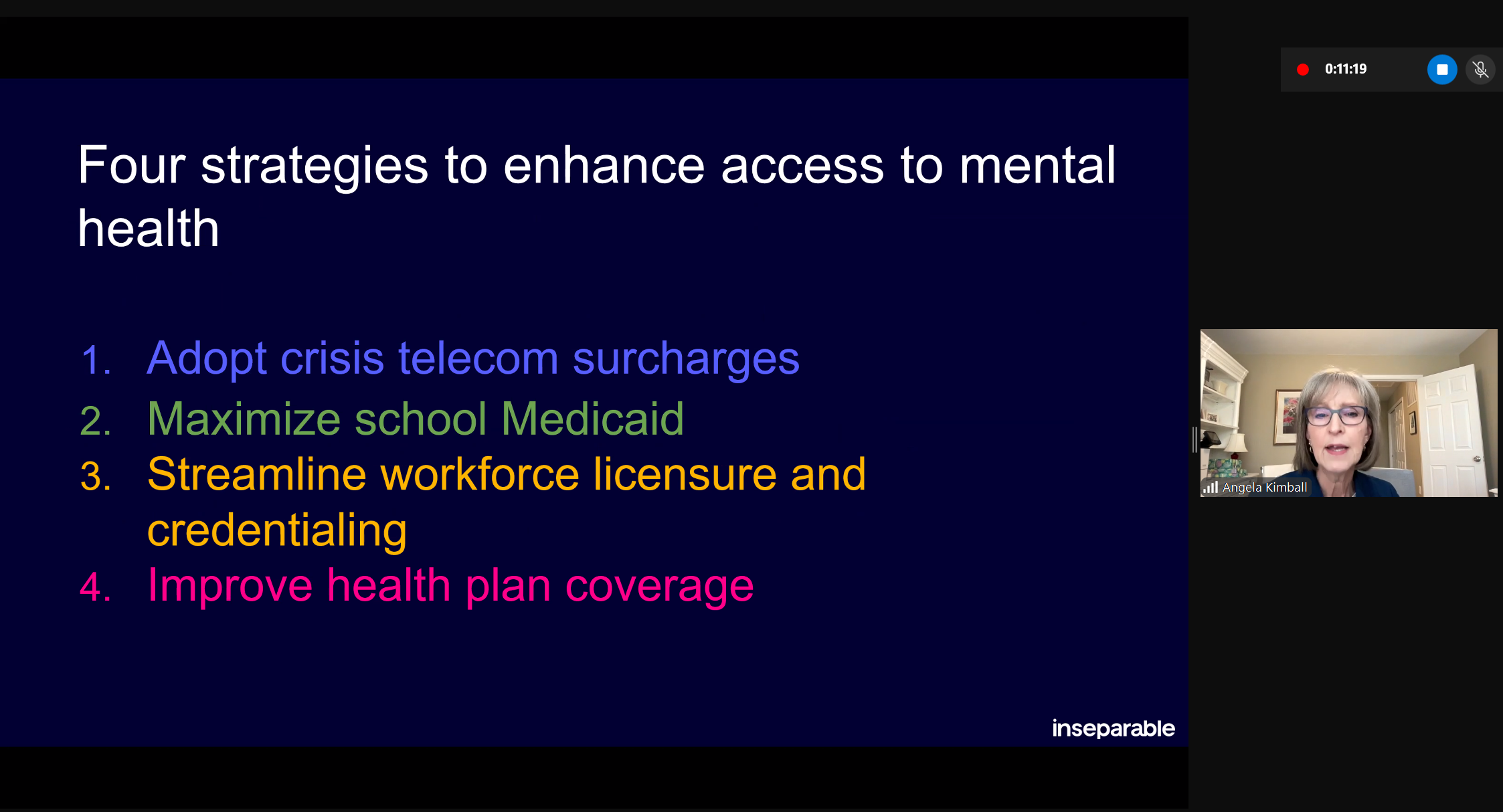This report is about the travel, tourism and outdoor recreation (TTOR) grants made by the U.S. Department of Commerce’s Economic Development Administration (EDA) based on the American Rescue Plan Act (ARPA) passed by Congress. Congress passed the ARP Act in 2021 to provide federal funding to help every state and U.S. territory impacted by the COVID-19 pandemic’s economic downturn. EDA oversaw the disbursement of several ARP grant programs including the TTOR awards distributed to all 59 states and territories on a formula basis, along with 126 competitive awards sought by states, regions and localities.
(Download)
For two years, the National Governors Association Center for Best Practices (NGA Center) partnered with Oregon State University’s Center for the Outdoor Recreation Economy (CORE) to research and assess the TTOR awards and identify and highlight innovative projects through quarterly webinars and newsletters. The NGA Center and CORE also developed a data survey to collect information about the implementation or expected results from all the TTOR projects and sent it to the 185 TTOR project leads via the Qualtrics platform. The intent was to collect economic and impact data resulting from the TTOR awards to date to help identify and assess promising or best practices. The research team also conducted phone interviews of select TTOR awardees to gather additional project details.
Based on the data survey results, phone interviews findings and other factors such as project diversity, the research team identified the following projects as having innovative elements worth profiling in case studies in this report. This report profiles these competitive EDA TTOR awards:
The report also profiles these statewide formula-based TTOR awards:
Each of these projects help inform how states, regions, and localities can think about investing in TTOR industries — with an emphasis on outdoor recreation — for the purpose of expanding economies and building economic resilience.
The projects also exemplify best practices and promising practices — as some projects are not completed at the time of this report publication. The promising/best practices are:
- Strong TTOR projects have clear project champions.
- An equity component can help ensure resiliency to climate and economic shocks.
- Place-based economic benefits accrue from well-designed training programs focused on local workers.
- Successful TTOR projects gather data on critical indicators — visitors, stays, spending, and more – and use data to help inform future work.
- Shovel-ready TTOR projects have dedicated research, planning, and collaboration in their portfolio.
- Visionary TTOR projects have long-term, sustainable funding in place.
- The design and implementation of projects benefit from local stakeholder engagement.
- Flexible TTOR projects expand their outreach to include new categories of stakeholders who may unexpectedly contribute toward an objective.
- Resourceful TTOR project leaders connect and leverage separate funding sources to attract a new amount greater than the sum of the parts.
- Unique TTOR project design is recognized not only by state legislatures, but may also be honored by peers and competitors, further extending project impacts.
In terms of data, early indicators are demonstrating that the suite of EDA/TTOR funded projects are realizing significant impacts on eight key indicators described here. The projects are collectively meeting or exceeding expectations in the number of:
- Businesses created in TTOR industries.
- Businesses retained in TTOR industries.
- Jobs created in TTOR industries.
- Jobs retained in TTOR industries.
- Workforce development solutions implemented.
- Increases in visitation rates and length of stay through marketing and site quality improvements.
- Incidences of equity in access and inclusion by business ownership, employees, and visitors. And
- Economic resilience strategies designed and implemented.
While final impacts are yet to be realized, the early indicators are suggesting a substantial return on investment from the EDA/TTOR program. Specific details are included in the Full Report that includes case study profiles and in an accompanying Data Survey Summary Report.
Disclaimer: This document was prepared by the National Governors Association using Federal funds under award ED22HDQ3070131 from the Economic Development Administration, U.S. Department of Commerce. The statements, findings, conclusions, and recommendations are those of the author(s) and do not necessarily reflect the views of the Economic Development Administration or the U.S. Department of Commerce.












